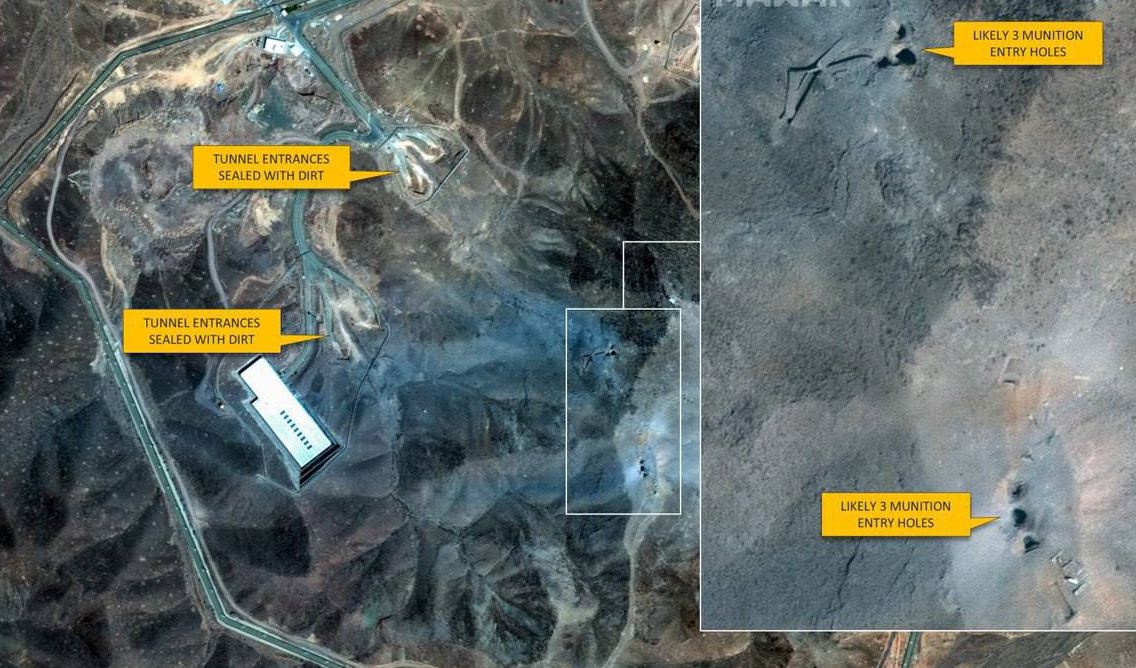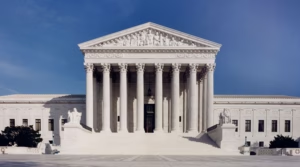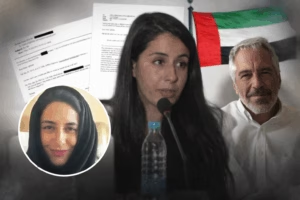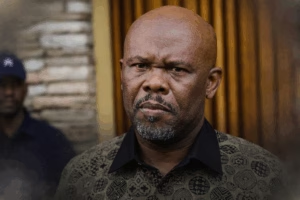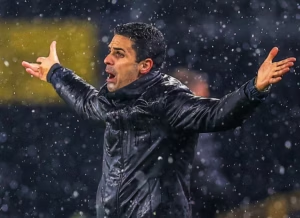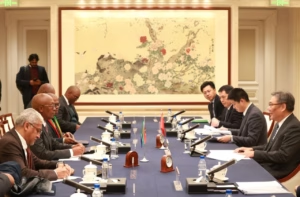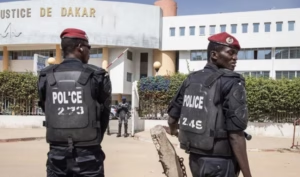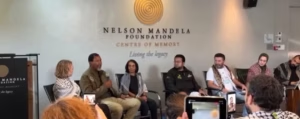The United States, in coordination with Israel, launched precision airstrikes on three Iranian nuclear facilities—Fordow, Natanz, and Isfahan—prompting a fierce backlash from Tehran. Iranian officials have labelled the strikes as a flagrant breach of international law and the Nuclear Non-Proliferation Treaty (NPT), warning that such acts could ignite further regional instability.
Although the targeted facilities form key pillars of Iran’s nuclear infrastructure, emergency inspections conducted immediately after the bombardment reported no radioactive contamination, according to Iran’s Centre for the National Nuclear Safety System. The authority noted there was “no danger to residents living near the affected sites.”
“No signs of contamination have been recorded,”
the agency stated, attempting to reassure the public as fears of a nuclear fallout spread in the wake of the strike.
The operation, dubbed “Operation Midnight Hammer,” was disclosed in a joint press conference by US Secretary of Defense Pete Hegseth and Chairman of the Joint Chiefs of Staff Dan Caine. Over 125 aircraft, including seven B-2 Spirit stealth bombers, carried out the assault with coordination across land, air, and maritime theatres. Cruise missiles, reportedly launched from a submerged US submarine, targeted the Isfahan facility, while GBU-57 Massive Ordnance Penetrator bombs—each weighing 30,000 pounds—were dropped on the Fordow and Natanz sites.
“We devastated the Iranian nuclear programme, but it is worth noting the operation did not target Iranian troops or the Iranian people,”
Hegseth claimed.
“Iran’s nuclear ambitions have been obliterated.”
Despite these declarations, Israeli Prime Minister Benjamin Netanyahu tempered the triumphal tone, admitting on CNN,
“I cannot say Iran’s nuclear programme has been eliminated, but it was severely damaged.”
Iran’s Atomic Energy Organization (AEOI) described the attack as a “brutal” and “illegal” act carried out with the tacit approval—or indifference—of the global community.
“This act of aggression was carried out under the shadow of international indifference, and with the apparent support or silence of the International Atomic Energy Agency,”
the AEOI said in a statement.
While President Donald Trump has confirmed United States involvement, the White House has not officially addressed Iran’s accusations of violating the NPT. Trump issued a stark warning, saying any retaliatory moves by Tehran would provoke additional strikes.
“The United States will respond very strongly to any Iranian attack on US interests or allies in the region,”
Hegseth echoed during the briefing.
Iranian President Masoud Pezeshkian, speaking in his first public comments following the incident, sharply criticised the United States for what he characterised as a direct intervention necessitated by Israel’s military shortcomings.
“Washington had to intervene after Tel Aviv’s clear inability to achieve its objectives,”
he said. He alleged that the US initially attempted to obscure its involvement but was forced into overt action after Iran’s own military pushback revealed Israel’s limited effectiveness.
Pezeshkian further accused the United States of being the principal actor behind years of Israeli military pressure on Iran, including the assassination of Iranian scientists and commanders.
The AEOI vowed that Iran’s nuclear development would persist, despite external efforts to disrupt it.
“We will not allow this national industry – built through the sacrifices of our nuclear martyrs – to be stopped by evil conspiracies,”
the organisation stated, asserting that legal measures would be pursued through international channels.
Iran maintains that its nuclear programme is strictly peaceful and subject to oversight by international monitors. The International Atomic Energy Agency (IAEA) has, to date, found no evidence indicating a diversion toward weaponisation. Iranian authorities continue to assert that their efforts are grounded in scientific progress and energy independence, not military ambitions.
The immediate fallout from the strikes has led to heightened concern over broader Middle Eastern instability, particularly given Tehran’s vow to reserve “all options” in defending its sovereignty.
“Tehran reserves all options to defend its sovereignty, interests, and people,”
declared Foreign Minister Seyed Abbas Araghchi.
As of Sunday evening, Iranian forces had not launched a military counteroffensive. However, the language emanating from both sides suggests that tensions remain at a breaking point, with the potential for further escalation dependent on diplomatic and military decisions taken in the coming hours and days.
Observers are closely watching whether Iran will seek legal redress through international courts or respond with direct action, which could trigger a wider confrontation with unforeseeable consequences.
The broader international community, meanwhile, has been notably restrained in its reactions. Iran has criticised the silence of watchdog organisations and world powers alike, arguing that such quietude undermines the very frameworks meant to prevent the weaponisation of nuclear technology and avert armed conflict.

